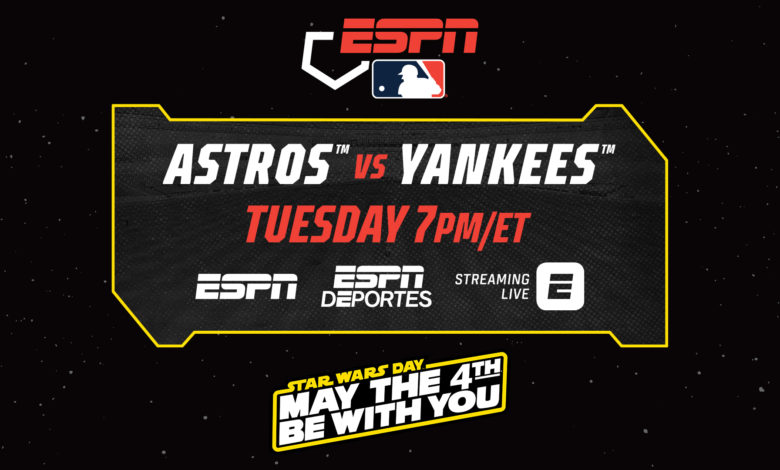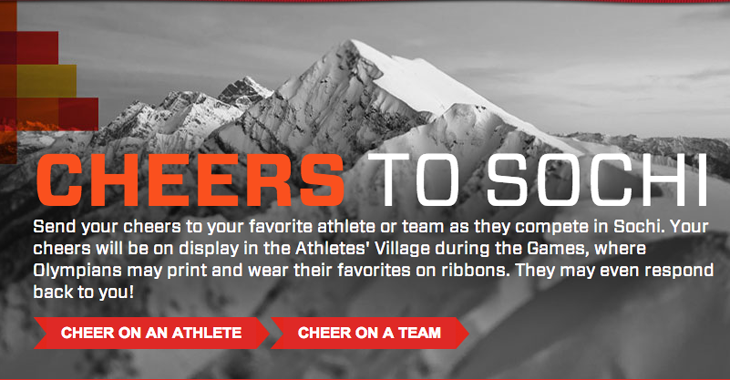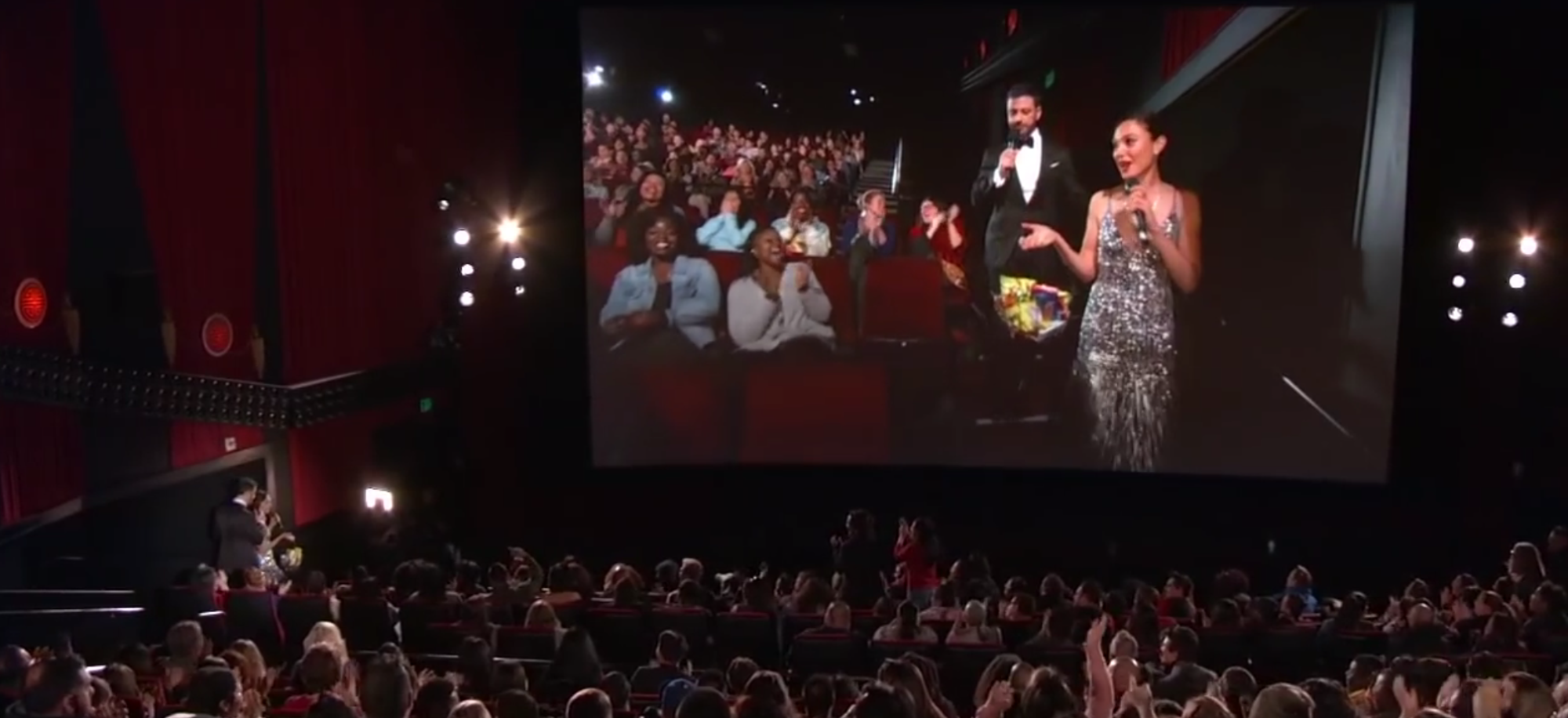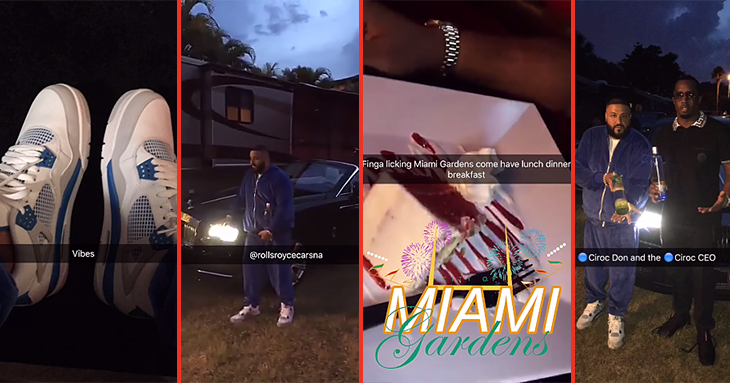
Ad or Not? ESPN’s Star Wars-Themed Baseball Telecast
“May the fourth” of distinguishing between organic content and paid advertising be with you.
The uniforms, the phones, the names, and the hashtags.
The Olympics are a celebration of competition, international harmony, and . . . brands? But the advertising is not limited to the commercial breaks. Here are six more places in and around the games where marketers have a chance to grab your attention.
1. The uniforms:
Ralph Lauren designed Team USA’s fashion-forward ensemble for the opening ceremonies. And viewers can tell, because the logo for Ralph Lauren’s “Polo” line is visible on the sweater’s left collar.
The U.S. clothing maker is also making sure to promote that its Olympic gear is According to the FTC, if a product is marketed as “Made in The U.S.A.,” all or “substantially all” of the product must have been manufactured in the United States. The problem is that “substantially all” is not defined, so whether it means 99%, 75%, or a lower percentage is anyone’s guess. In an attempt to produce further guidance, the FTC has explained that “Made in The U.S.A.” also means that “the product should contain no – or negligible – foreign content. So if all the parts are made in the U.S., but it’s assembled in Mexico with Chinese glue, is that “Made in The U.S.A.?” this time around, after Ralph Lauren’s Team USA gear for the 2012 London Olympics was made in China, causing a hubbub among lawmakers anxious to decry something during the games.
Nike, meanwhile, supplies many of the uniforms U.S. athletes will wear during competitions themselves, as well as the medal ceremonies, making Team America a group adorned in swooshes. No word on where the official Nike gear is made, but the versions of the uniforms available in the official USA Team Store? They’re all imported.
2. The athletes’ phones:
Samsung, an official sponsor of the Olympic games, provided all the athletes with a “free” Samsung A mobile phone that offers advanced capabilities and features like a web connection and a portable media player in their goody bags. But free is never free, and there is a string attached: Athletes are required to cover the brand name on any non-Samsung phone they might use during the games so that it’s not caught on camera.
See? With the logo hidden, no one can tell what kind of phone this is:
This is not the only brand restriction placed on the athletes. Olympic rules prevent participants from promoting or mentioning any brand other than those of the official sponsors in a 28-day period surrounding the game (and non-official-sponsor brands are banned from mentioning any athletes). For example, American snowboarder Shaun White has an endorsement deal with Target. But because Target is not an official game sponsor, White and Target must pretend not to be friends while these Olympic games are on.
3. The hashtags:
McDonald’s, an official sponsor of the games, promoted the Twitter hashtag #CheersToSochi as a way for fans to send cheers for countries and athletes (and McDonald’s) before and during the games. Fans could tweet their cheers, and athletes would print them onto a wristband at a special station in the Olympic Village to wear during competition.
But the hashtag was commandeered by LGBT activists, who want McDonald’s and other official sponsors to condemn Russia’s antigay laws. McDonald’s responded with a pro-human rights message on Twitter, but eventually stopped using the hashtag. Activists, meanwhile, continue to use #CheersToSochi to call out companies sponsoring the games.
4. Hubertus von Hohenlohe:
We suppose that participating in the Olympics as a publicity stunt is an ad for yourself . . . but really we wanted to make sure everyone knew about Mexico’s sole representative in the Winter games, Hubertus von Hohenlohe. He’s a 55-year-old Mexican-born German prince who will alpine ski in a Mariachi-inspired outfit. How’s that for self-promotion?
5. The athletes’ names:
The sole representative from Tonga, a Pacific island nation where temperatures never drop below 50 degrees, is legally known as Bruno Banani. And we say “legally” because the Tongan luger was born Fuahea Semi – and the name Bruno Banani is already famous as that of a European underwear maker. The luger formerly known as Semi changed his name to Bruno Banani as part of a sponsorship deal with the underwear maker that skirts the Olympic ban on ads from non-official sponsors.
6. The games themselves:
The Olympic Games double as a tourism ad and public-relations booster for the host nation. Sochi is a resort destination on the Black Sea, and while it’s unclear whether Russia will drum up post-Olympic interest from tourists, Russia didn’t spend millions building hotels and stadiums for a one-and-done deal.
“May the fourth” of distinguishing between organic content and paid advertising be with you.
There are other types of candy to enjoy at the movies, right?
Is DJ Khaled the key endorser on Snapchat?


